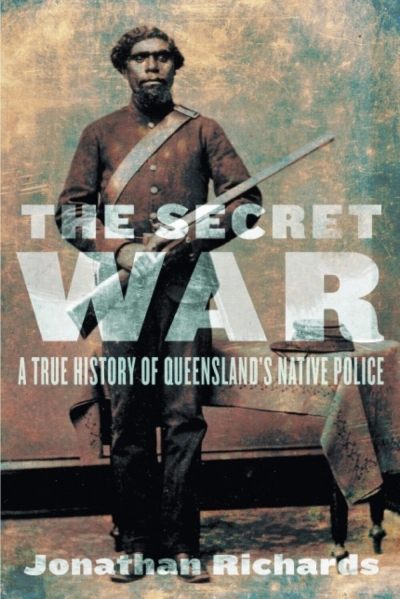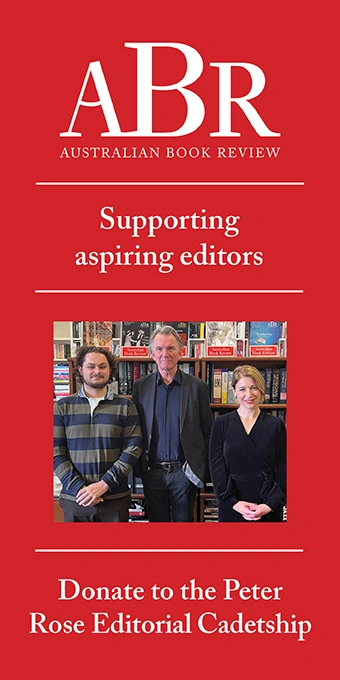Russell McGregor
Enchantment by Birds: A history of birdwatching in 22 species by Russell McGregor
by Gregory Day •
Idling in Green Places: A life of Alec Chisholm by Russell McGregor
by Danielle Clode •
The Secret War: A true history of Queensland's Native Police by Jonathan Richards
by Russell McGregor •







